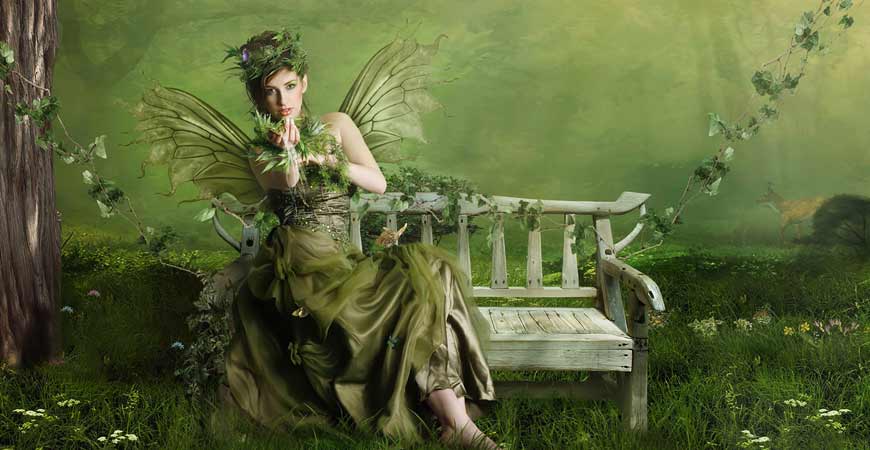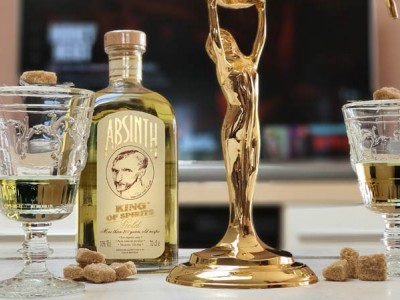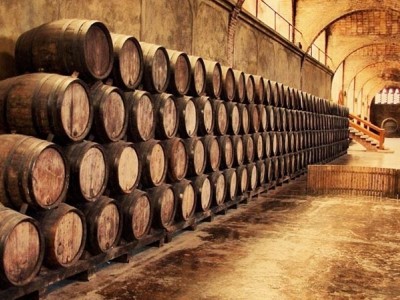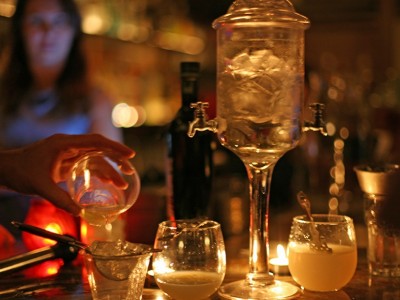Answers for the 9 Most Asked Questions About Absinthe, They’re Not What You Think - Part 2
When it comes to absinthe, there are no dumb questions. Having been banned for over one hundred years, it's natural that there are still many questions left unanswered.
Absinthe is a noble spirit, that has always had an ambivalent history, and everyone should know all about it. Yet, some people still think it's a prohibited substance or even worst, dangerous. The good news? We're here to answer all your questions.
Here are the most common questions about absinthe and our honest answers.
Read on and learn a bit more about the green fairy. If you have your own unanswered questions, you know where to find us.
1. Where to Buy Absinthe Near Me?
Absinthe is legal once again, after a worldwide ban set in place by ignorance and fear.
Today you can buy absinthe in many places, but there's a new problem absinthe enthusiasts had never faced. There are lots of fake absinthes containing no trace of thujone, poorly made absinthes that have added sugar in the bottle, and knock-off bottles that are not only far from what absinthe is; they can be dangerous.
If you want to experience absinthe like it meant to be experienced, the best thing you can do is buy it online from specialty stores like Absinthe Original Liquor Store, delivering authentic absinthe worldwide since 1996.
Find different styles at all price points, always knowing you're buying authentic absinthe with thujone and no added sugar.
2. Which Absinthe Has the Most Wormwood?
It's quite easy to answer this question, King of Spirits Gold Absinthe has the most thujone with 100 mg/l (or 100 ppm) and a high alcohol by volume of 70%. You can get it online at Absinthe Original website. It is a premium distilled absinthe, with no added sugar, artificial colorings or additives.
In case you're wondering, thujone is the bioactive compound in wormwood or Artemisia absinthium, a woody shrub with a bitter, aromatic taste, and an essential, most important ingredient in authentic absinthe.
Thujone can be toxic in extreme doses. It’s a GABA (Gamma-aminobutyric acid) inhibitor which means that it blocks GABA receptors in the brain, which can cause convulsions and spasms if you consume enough of it. It is however not harmful at the concentrations present in correctly distilled absinthe. Thujone can have a positive calming effect and a good deal of health benefits.
Many false absinthes have no thujone at all, so make sure to get the real deal.
3. Who Invented Absinthe?
Absinthe was created in 1792 by the French doctor Pierre Ordinaire in Switzerland.
Developed as a mixture of medicinal herbs, it became extremely popular soon, and people quickly realized it was quite fun to drink.
A businessman by the name of Pernod took absinthe to commercial production levels, and by 1850 the spirit was the symbol of the Belle Epoque and the modernist, bohemian movement in Europe.
Artists, poets, and writers including Ernest Hemingway, Henri de Toulouse-Lautrec, Pablo Picasso, Vincent van Gogh, Oscar Wilde, and Edgar Allan Poe enjoyed the anise-flavored spirit. They took it as inspiration for some of the most important works of art in history.
4. Why Was Absinthe Banned?
Absinthe was banned in Switzerland in 1908 after a series of violent events associated with alcohol consumption.
The Netherlands banned it in 1909, Switzerland in 1910, in the United States in 1912, France in 1914, and Germany in 1923.
The last decades of the 19th century were the golden era for free thinkers and artists. In an age that had never seen a big war, people were quite spirited and prone to party.
The temperance movement was gaining strength, too, and looked for any excuse to ban alcohol consumption.
Excess alcohol consumption caused social distress, and absinthe was blamed for it. It took one hundred years for governments to accept absinthe's innocence.
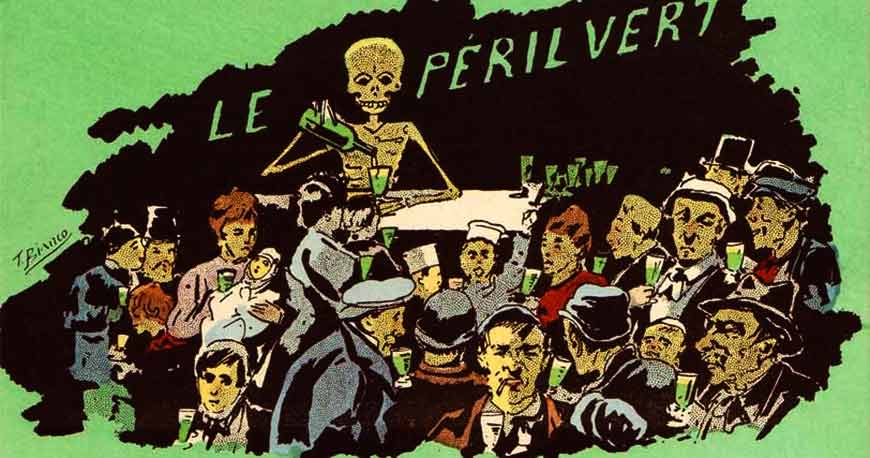
5. Why Is Absinthe Called the Green Fairy?
Absinthe is made by re-distilling a grain-based spirit with aromatic herbs, including wormwood. The process can taint the liquid with chlorophyll, giving it a green hue.
If you are interested in science behind absinthe production process, jump right here to read all there is about it.
Absinthe was immensely popular during the second half of the 19th century, and people loved it. "La fée verte" or "The Green Fairy" was the nickname given to the spirit for its lifting effects.
The nickname was, in part, responsible for the claims of hallucinogenic effects that condemned absinthe for a one hundred year ban. However, it's still used and is now part of the history and lore that permeates the herb-scented spirit.
6. What are Absinthe Sugar Cubes?
In 19th century France it was common to add sugar to absinthe and other high-alcohol spirits and the 'French ritual with sugar' became a part of the enjoyment of the drink. Excess sugar can contribute 'body', mask high alcohol and also help hide defects in poorly made absinthes. In fact the addition of sugar changes the character of the drink considerably; we recommend tasting our absinthes with and without sugar to appreciate the difference.
Absinthe is a strong, high-alcohol spirit. Authentic absinthe can have high alcohol levels of up to 80%, and it's also dry. Although nicely scented, it can be too strong.
For the reasons above, the traditional way of enjoying absinthe is diluting it with cold water slowly dripping from an absinthe fountain. The water hits a sugar cube before reaching the spirit adding the perfect amount of sweetness to the drink.
To set the sugar cube in place, you must use an absinthe slotted spoon set in place on the rim of your glass.
Properly diluting absinthe is an artform, and you can learn all about it by checking out this handy alcohol dilution chart, that way you’ll know how strong your absinthe drink is.
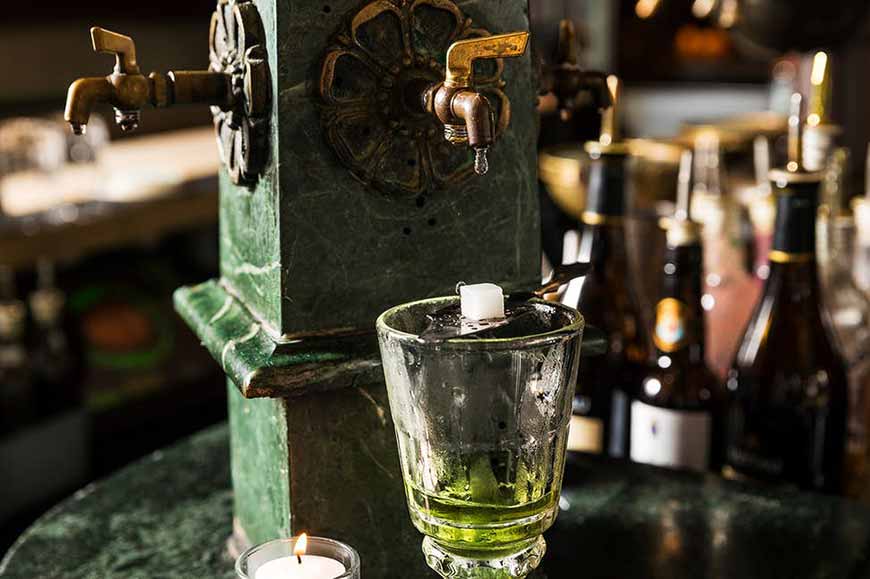
7. Will Absinthe Kill You?
No, absinthe will not kill you. Absinthe is a noble spirit with thousands of followers around the world.
Absinthe, though, is an alcoholic drink, and like any spirit can cause health problems and liver disease when abused.
As for thujone, the active compound in wormwood, there's nothing to worry about since it's been scientifically proved that it is harmless. It will not cause any health issues, and it won't cause health problems under any circumstance.
Avoid counterfeit and poorly made absinthe, since it could be harmful, and never attempt to make absinthe or any other distilled spirit at home.
Please drink responsibly and never drink and drive.
8. Where is Absinthe Legal?
Absinthe is legal in all countries, and it's regulated by the same laws that control other spirits.
The FDA in the United States considers thujone a minor psychoactive at the same level as coffee and chocolate.
In the US, the absinthe content must be "thujone free" (it means that it must contain less than 10 parts per million of thujone); the term "absinthe" cannot stand alone on the label; the term "absinthe" cannot be the brand name; and the artwork and/or graphics cannot project images of psychotropic, hallucinogenic, or mind-altering effects.
Therefore, the Absinthe you buy in the United States is effectively thujone-free.
Some European countries, like France, still have certain regulations and quality laws in place for absinthe, but it's not forbidden. In the UK, France, Germany, and the rest of Europe, the maximum permissable limit for thujone is 35 mg/l (or 35 ppm).
You can order genuine absinthe with thujone from Absinthe Original and have it delivered to your doorstep, anywhere on the planet.
9. Which Absinthe Has the Most Thujone?
Since King of Spirits Gold Absinthe has the most wormwood, it also has the most thujone with 100 mg/l, and you can buy it online only at Absinthe Original.
Thujone is the psychoactive compound in wormwood, the most crucial ingredient in absinthe.
When in Doubt, Just Ask!
There's no shame in not knowing everything, especially when it comes to the mysterious absinthe.
The green fairy might have an obscure background, but it's actually one of the noblest spirits in the market today.
Great thinkers, poems, and artists have exchanged ideas around an absinthe fountain, and now you can too with your friends and family. Absinthe is not only a drink, but it's also an experience, a tradition, and a lifestyle.
Now you know it, the most famous absinthe questions answered. Stop by at originalabsinthe.com and learn more about this extraordinary spirit and make absinthe a part of your life.


